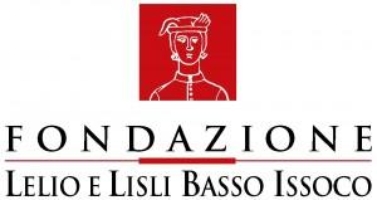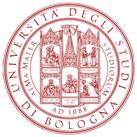Case Law 10226/2003 (08/07/2008)
Type: Judgment
Authority: European Authorities: European Court of human rights
Date: 07/08/2008
Subject: The Court concludes, by thirteen votes against four, no violation of Article 3 of Protocol No. 1 (right to free elections) to the European Convention on Human Rights.
The complainants alleged that the electoral threshold of 10% imposed on the national level for the legislative elections violated the free expression of opinion of the people in the choice of the legislature. They invoked Article 3 of Protocol No. 1 (right to free elections).
The Court considers that the electoral threshold of 10% imposed on the national political parties for parliamentary representation, constitutes an interference in the electoral rights of claimants. This measure has the legitimate aim of avoiding excessive fragmentation and non-functional composition of Parliament, and thus enhance stability government.
The Court observes that the national threshold of 10% is the highest of all the thresholds adopted in the Council of Europe. Only three other Member States have opted for high levels (7 or 8%). One third of states require a threshold of 5% and thirteen states have preferred to set the bar lower.
The Court also attaches importance to considerations of the bodies of the Council of Europe agree about the uniqueness and high threshold issue and advocate lowering it.
The Court noted that the effects of an electoral threshold may differ from one country to another and the role of thresholds differ depending on their height and configuration of parties in each country. A low threshold does that very small groups, making it more difficult to establish stable majorities, while in case of the highly fragmented political landscape, a high threshold led to the exclusion of a significant representation of the votes.
The multitude of situations in the electoral laws of Member States shows the diversity of choices. It is also apparent that the Court can not assess the poverty line regardless of the electoral system under which it is, even if it can be assumed that the electoral threshold of 5% is more common practice of States members. However, any electoral system must be assessed in the light of political developments in the country. Therefore, the Court considers it necessary to consider patches and other safeguards system in this case is accompanied, to assess the effects.
Regarding the possibility to run as an independent candidate, the Court stressed the unique contribution that parties make to political debate. It notes that this plea is not devoid of practical effect, the 2007 elections have shown particular, and that no threshold for independent has greatly facilitated the adoption of such an electoral strategy. The other possibility is to form an electoral coalition with other political parties. The use of this strategy has yielded tangible results, particularly after the elections of 1991 and 2007.
Admittedly, since the outcome of November elections in 2002, about 14.5 million votes cast have not resulted in a parliamentary election these strategies can not be only limited scope. However, the 2002 elections took place in a climate of crisis to multiple causes (economic and political crises, earthquakes) and the observed lack of representation in their outcome could be partly contextual and not due solely to national threshold high. The Court noted that it is the only election since 1983 where the share of votes has not led to a parliamentary representation was so high.
Therefore, political parties affected by the threshold have succeeded in practice to develop strategies to mitigate some effects, even if these strategies are also against one of the goals of this threshold, which is Avoid the fragmentation of Parliament.
The Court also attaches importance to the role of the Constitutional Court. Its activity is responsible, to prevent excess of the threshold seeking the balance between the principles of fair representation and governmental stability, is a guarantee to prevent the effect of this threshold, the law referred to Article 3 of Protocol No. 1 is achieved in substance.
In conclusion, the Court considers that in general, an electoral threshold of 10% is excessive and it subscribes to the considerations of bodies of the Council of Europe who advocate lower. This threshold is forcing political parties to use strategies that do not contribute to the transparency of the electoral process.
In this case, however, the Court was not convinced that seen in the context own political elections in question and accompanied by patches and other safeguards that have limited effects in practice, the 10% threshold has been criticized the effect of impeding the substance of the applicants' rights guaranteed by Article 3 of Protocol No. 1. Accordingly, there has been no violation of this provision.
Parties: Yumak e Sadak c/ Turchia
Classification: Citizens’ rights - Art. 39 Right to vote at elections to the european parliament - Right to stand as candidate at elections of the european parliamentess - Universal suffrage, direct, free and secret ballot



 Europeanrights.eu
Europeanrights.eu








